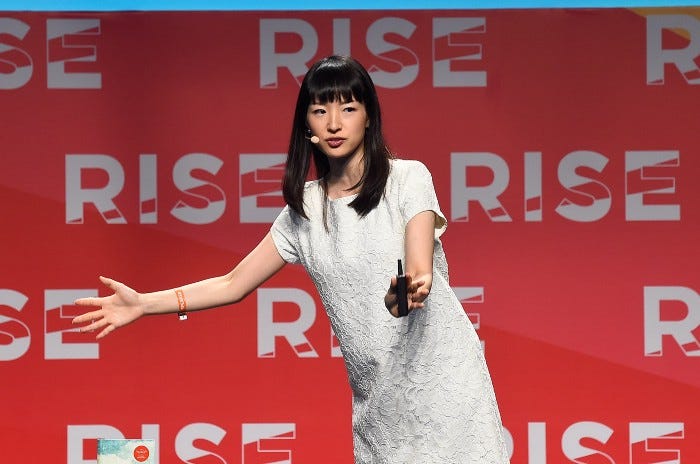
Paid subscribers, listen the audio version - narrated by me - here
Keep reading with a 7-day free trial
Subscribe to This much I know to keep reading this post and get 7 days of free access to the full post archives.

Paid subscribers, listen the audio version - narrated by me - here
Subscribe to This much I know to keep reading this post and get 7 days of free access to the full post archives.